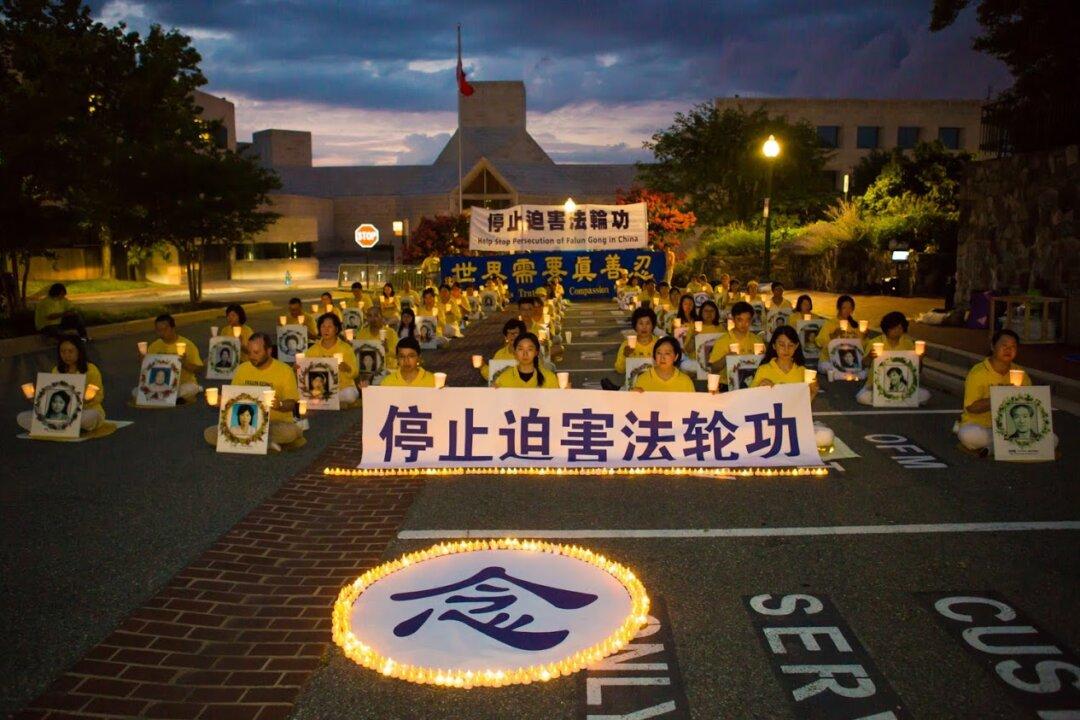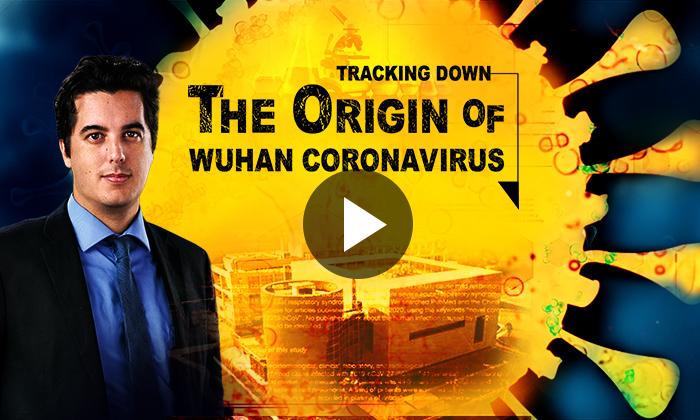By accepting a phone call, Donald Trump has disrupted relations with China. And the United States and the Chinese people may be the better for it.
The call, of course, was from Taiwan President Tsai Ing-wen on Dec. 2, offering congratulations on Trump’s electoral victory. No U.S. president or president-elect is believed to have spoken to a Taiwanese president since 1979, when the United States broke relations with Taiwan and adopted the “one-China policy.”




